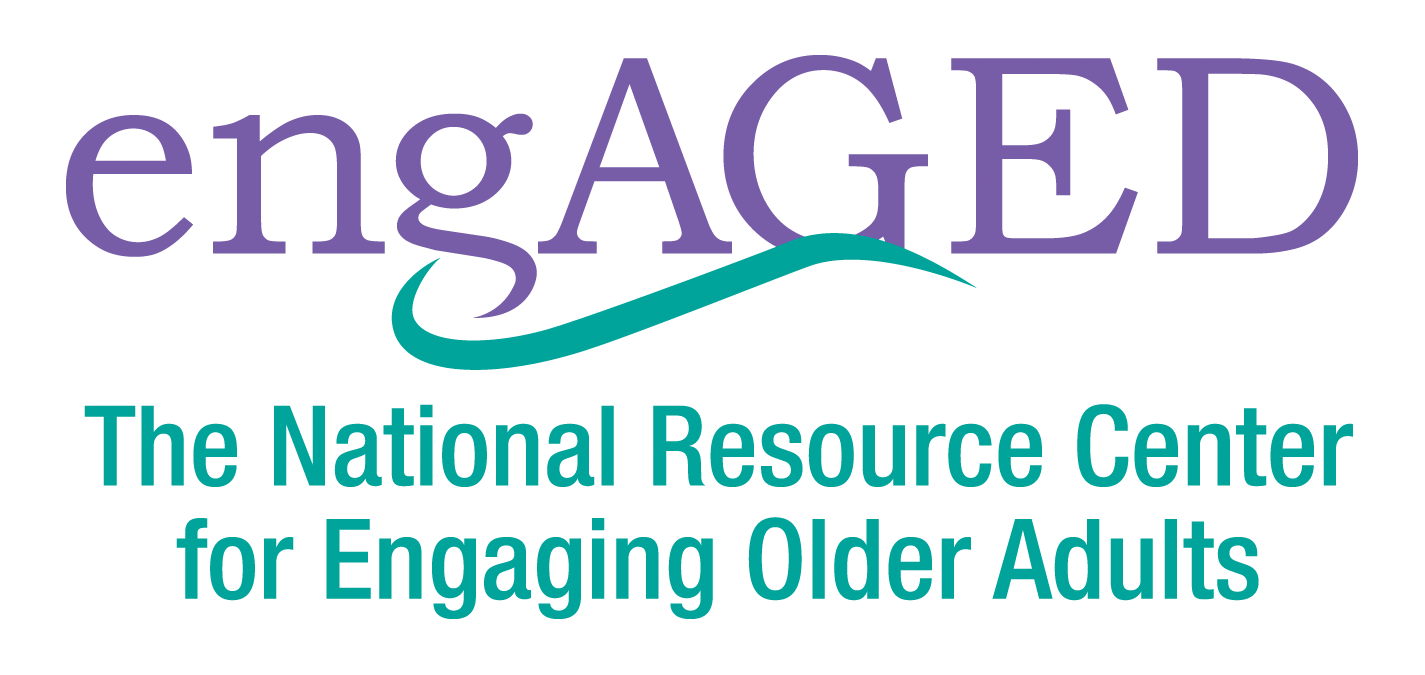engAGED Aging in the Community
There are many ways for older adults to be socially engaged in their communities. Whether it is called social connectedness, socialization, or active aging, being connected to the community by its very nature improves health and well-being and helps older adults adapt to the changes that come with aging.
Can we do more? Yes! So, how do we go beyond merely talking about social connectedness and move toward encouraging older adults to get—and stay—involved in their communities? We ourselves need to get engaged by thinking deeply about what works for our communities. This also means including older adults in that planning.
The health consequences of isolation and loneliness among older adults have been well documented. Social connections for older adults can lead to improved health and well-being, longer lifespans, improved mental function—and much more. When we aren’t connected to others, particularly as we age, the effects of social isolation can be devastating, which makes the work of engAGED and its partners even more important.
So now that we know the important role social connection play to maintaining health and well-being, how can we foster activities that encourage and involve older adults in the community? Engagement requires three components: Knowledge, Access, and Empowerment.
Knowledge: Older adults need to know that there are activities available that can connect them to meaningful community activities and events. This means organizations seeking to engage older adults in the community should promote their programs and activities to the older adults who might participate.
Access: Older adults need to know that they will be able to access information about activities and events taking place in their communities. Building bridges and collaborating with partners that invite people to engage in ways that are meaningful to them is a key to expanding access.
Empowerment: Older adults need to know that they can and are encouraged to participate in community activities. Work within your organization to increase awareness around the importance of inclusivity and social connectedness among older adults. Include older adults in the planning process by inviting open participation from at various stages.
This blog post was written by Kelly Niles-Yokum, MPA, PhD, Director of the Gerontology Master’s Program University of La Verne; President, California Council on Gerontology and Geriatrics.

